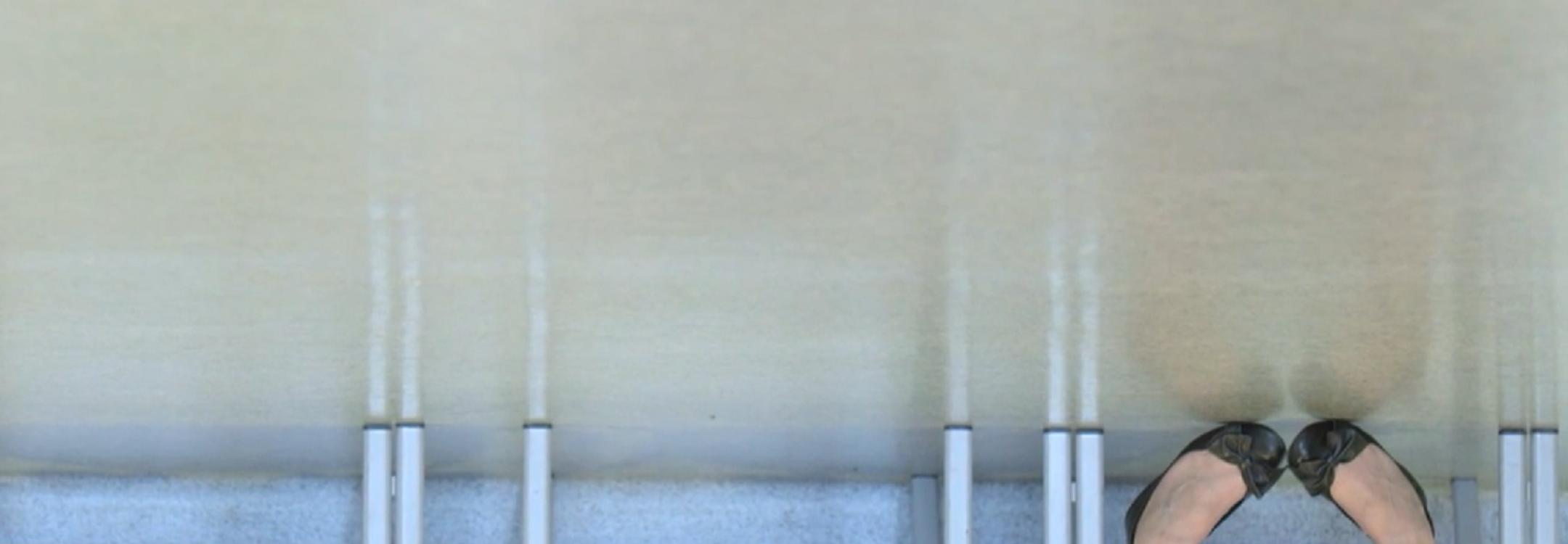
The APT conducted a training workshop for the staff of the Kyrgyz NPM (National Center for the prevention of torture and other cruel, inhuman or degrading treatment or punishment) on the specifics of monitoring psychiatric institutions.
The three-day workshop, held in Bishkek from 12-14 November, was part of a series of APT trainings organised over the past two years to strengthen the NPM capacities, including a workshop last June on monitoring safeguards in the early stages of police custody. This workshop aimed at enhancing the NPM capacity to monitor psychiatric institutions and better protect the rights and dignity of users of psychiatric services in the country.
During the workshop, the participants discussed the key areas to consider when monitoring such institutions, including the prevention of ill-treatment; the use of seclusion and restraints; the material conditions and treatment; issues related to the staff; and legal safeguards in cases of involuntary placement. The training also provided the NPM staff with key tools to strengthen their monitoring methodology, with a strong emphasis on how to conduct safe and effective interviews of persons with psychosocial disabilities, bearing in mind the fundamental principle of “do no harm.”
In addition to the APT, the participants benefited from the expertise of UK forensic psychiatrist, Clive Meux, who shared his extensive experience as a medical practitioner and an expert for the European Committee for the Prevention of Torture (CPT) over the last 20 years.
“The workshop was a welcome opportunity to bring together again a majority of the Kyrgyz NPM’s staff, including from regional offices, to discuss key methodological issues and jointly identify ways for the NPM to better protect persons held in psychiatric institutions,” said Eva Csergö, Europe and Central Asia Programme Officer. “All participants actively contributed to reviewing and discussing the whole monitoring process in this regard, from the planning and preparation of visits to the drafting of effective recommendations, as well as their follow-up with authorities and other relevant stakeholders,” she added.
The workshop built, in particular, on a special NPM report based on observations made in 2017 in psychiatric institutions throughout the country. “It is important that the NPM now adopts a comprehensive strategy to follow-up on the 2017 report’s recommendations,” said Isabelle Heyer, APT Research and Advocacy Adviser. “This is key both to ensure that they can duly influence the Government’s policies within the framework of the 2018-2030 National Programme on Mental Health, and contribute to effective prevention of ill-treatment and long-term institutionalisation of persons with psychosocial disabilities,” she explained.


